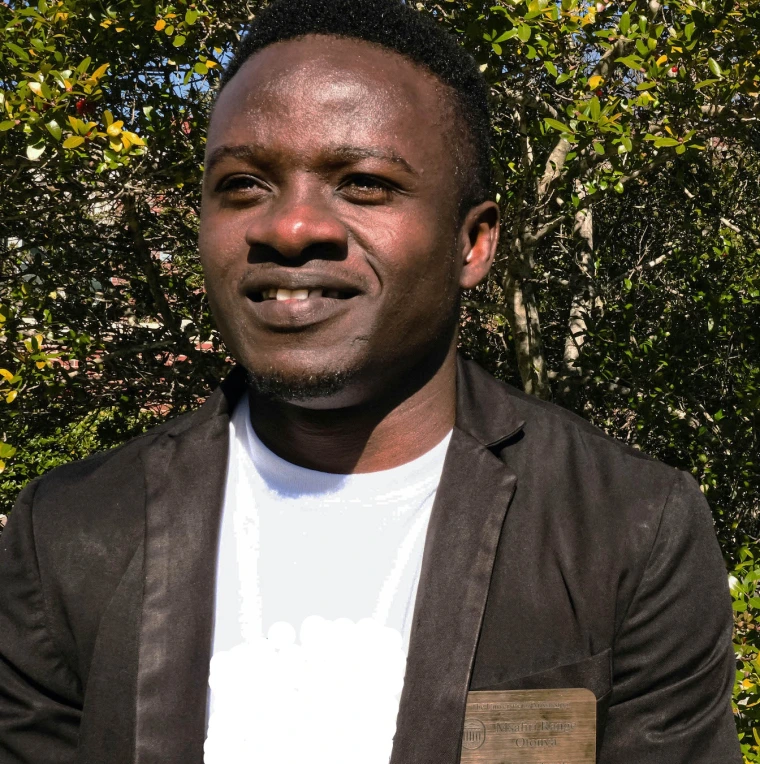Examining Language Attitudes of Black International Students from Tanzania towards Their Own English Before and After Living and Studying in the U.S.A.
Dissertation Proposal Title: Examining Language Attitudes of Black International Students from Tanzania towards Their Own English Before and After Studying in the U.S.A.
Dissertation Committee: Dr. Chris Tardy (Chair), Dr. Suzanne Panferov Reese, Dr. Wenhao Diao, Dr. M'Balia Thomas
Dissertation Proposal Abstract: One of the significant gaps in research on language attitudes is the lack of representation of marginalized student populations, such as the black population from outside the United States of America (USA). This dissertation aims to address this research gap by examining a group of international students from Tanzania as a case study. It aims to answer three main questions: first, what are the language attitudes of these students towards their own English before and after studying in the US? Second, what linguistic and non-linguistic challenges do these students face while living and studying in the US, and how do these challenges impact their language attitudes? Third, what strategies and resources do international students from Tanzania use to overcome language-related challenges?
Data in this mixed-methods study will be collected using four data collection tools: language attitude questionnaires, semi-structured interviews, spontaneous conversational narratives (SCN), and WhatsApp group interaction. To better document participants' experiences and understand how language attitudes change over time, the study will be conducted longitudinally over one academic year. Both qualitative and quantitative analysis will be used to analyze the data. Qualitative analysis will be done through Reflexive Thematic Analysis (TA), while quantitative analysis will involve descriptive analysis and paired sample t-tests.
This research aims to contribute to the broader conversation on diversifying higher education curricula by highlighting the voices of underrepresented student populations. The findings of this research will inform administrators, policymakers, and language teachers about the evolving language attitudes of underrepresented student populations towards their own language varieties. By understanding these attitudes and needs, appropriate solutions can be developed to enhance students' experiences and support their academic and professional goals.


